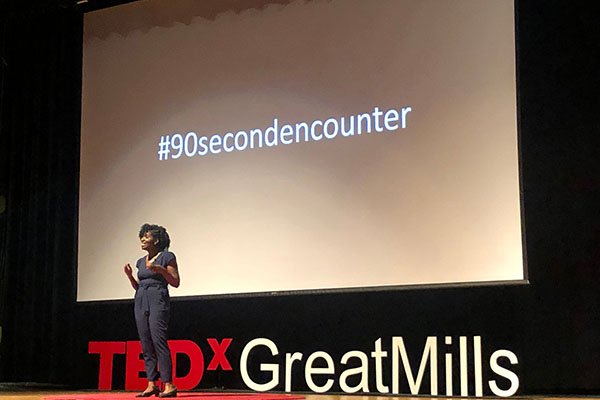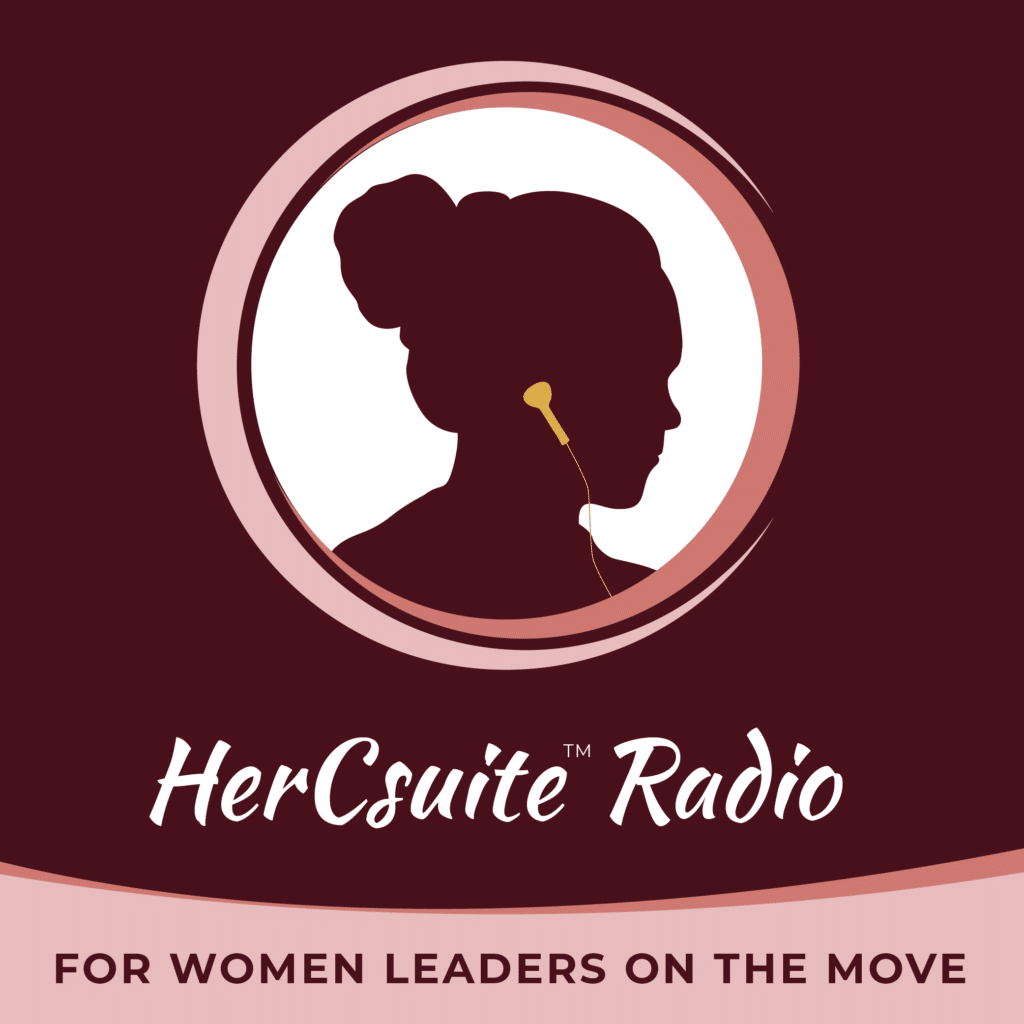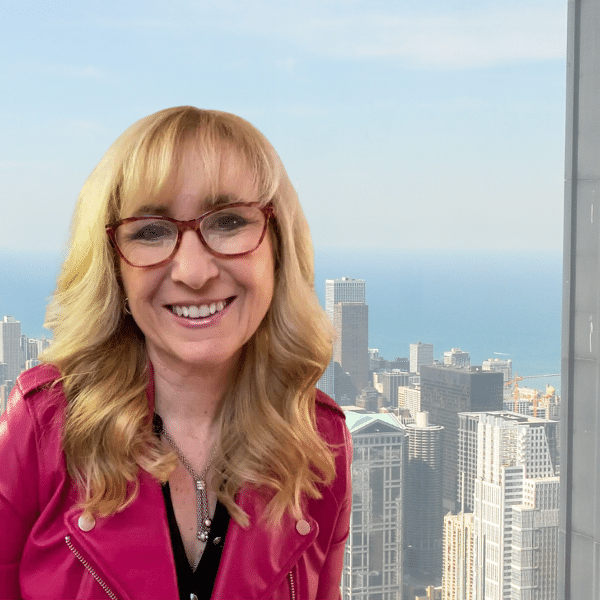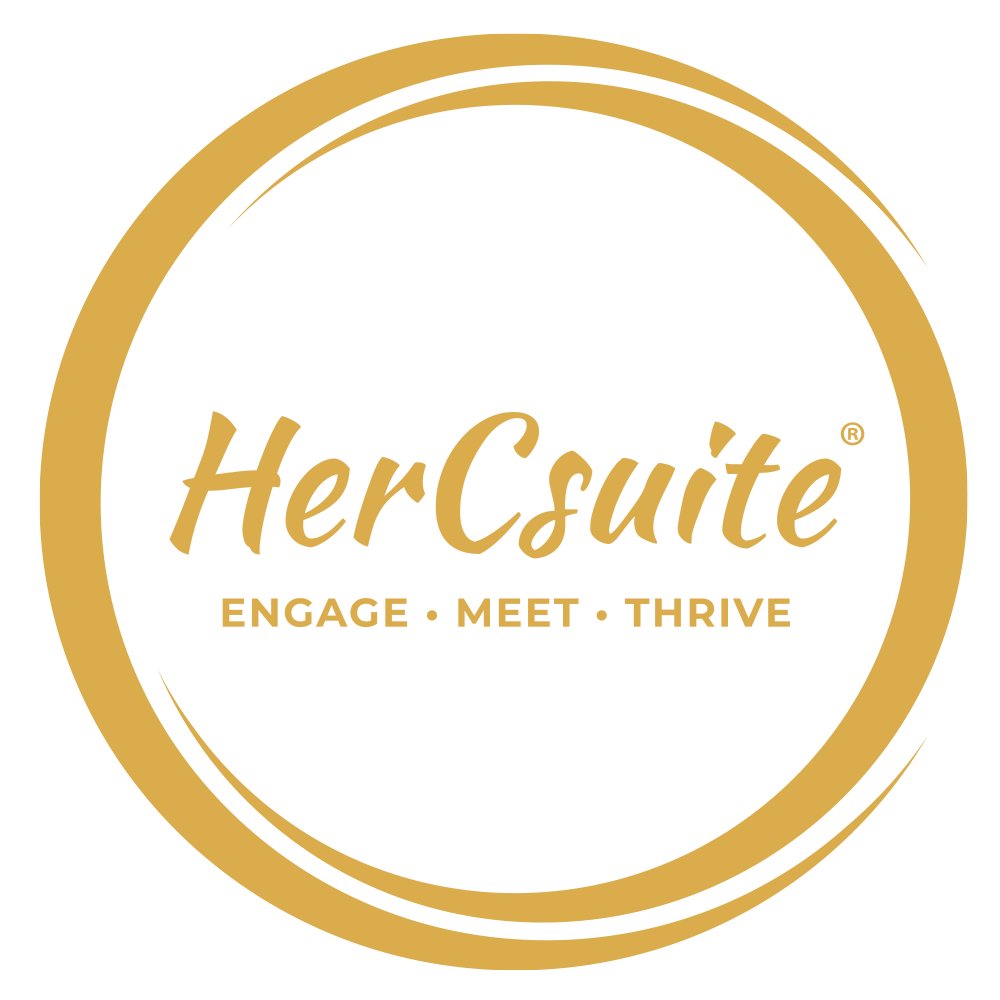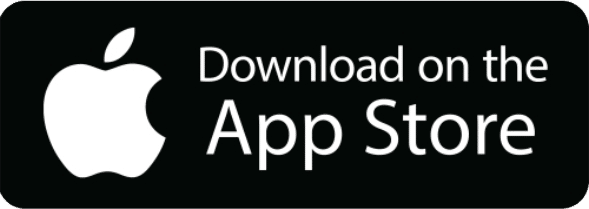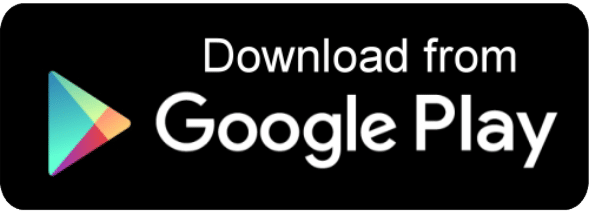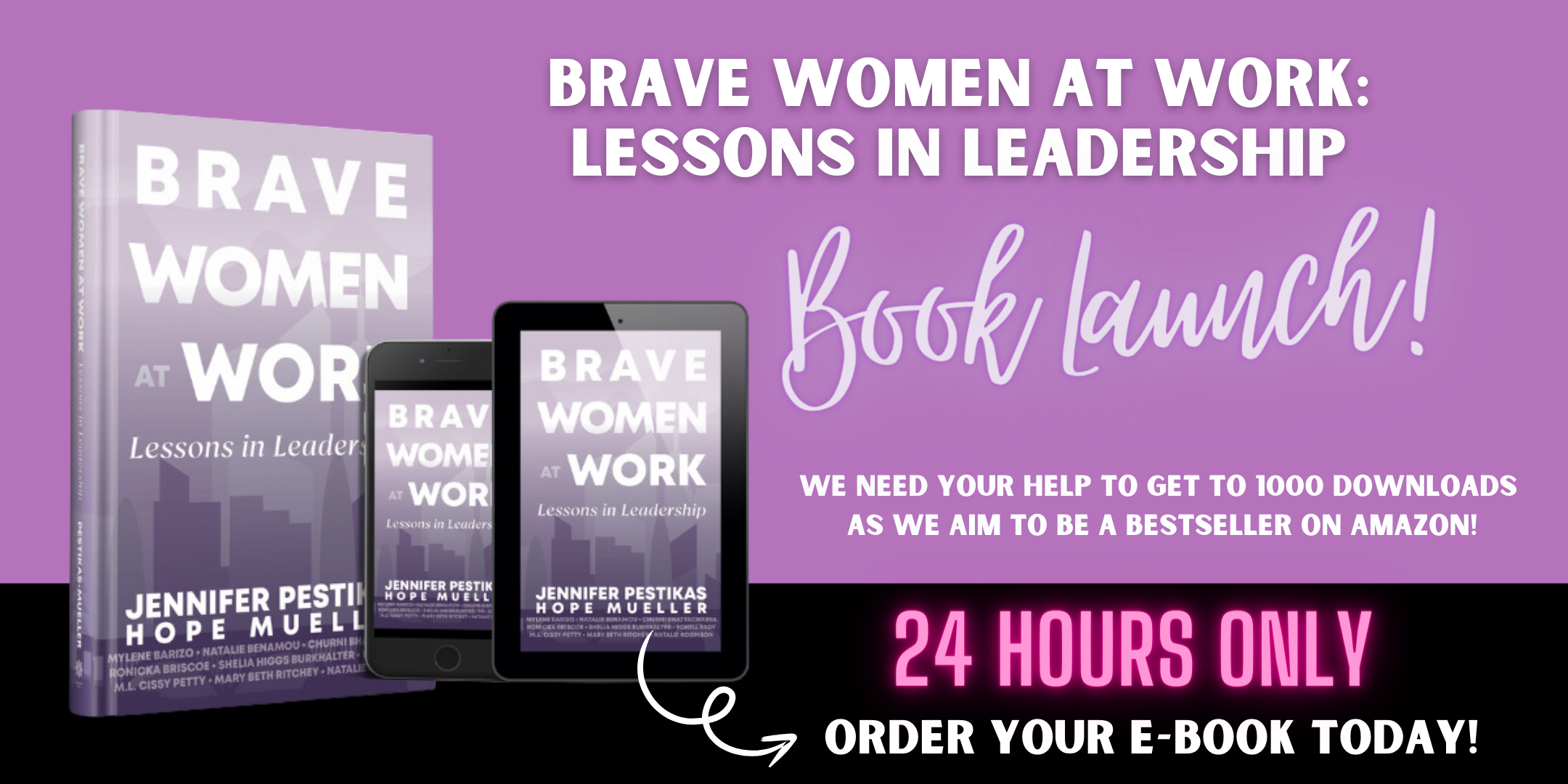Her Health Equity Matters with Dr. Nicole T. Rochester
Health equity is essential in providing quality healthcare to all individuals regardless of background. However, even in the modern healthcare system, gender and racial biases still influence health outcomes. In today’s episode, host Natalie Benamou is joined by Dr. Nicole Rochester as she talks about her advocacy of promoting greater equity in the healthcare world.
Dr. Rochester is the founder of Your GPS Doc, which aims to bridge the gap between healthcare professionals, patients, and their families. Dr. Rochester also shares her experience as a caregiver for her father and how it transformed the work she is doing today. She created the GPS System to help patients and caregivers advocate for themselves.
The GPS System:
When preparing to have a conversation with your doctor, arm yourself with these your voices can be heard:
G – Gather information
P – Position yourself as an expert
S – Speak up
Doing all these, you or your family members can show up more confidently in healthcare settings, make better choices, and get appropriate care.
Dr. Rochester also touches on the Serena Williams story. Williams was diagnosed with blood clots in her lungs in 2010, and medical professionals also found an abdominal hematoma. After giving birth to her daughter Olympia in 2017, she began to lose feeling in her legs. The the hospital staff was initially dismissive, but after insisting on getting tests done, it was determined that she needed immediate surgery.
Statistics show that women of color are not receiving healthcare and dying 3-4x more from childbirth than other ethnicities.
What you can do:
- Advocate for yourself.
- Ask questions, be curious, and make sure that the care you are receiving is appropriate
- Show up more confidently in healthcare settings using Dr. Nicole T. Rochester’s GPS System
Resources:
Thank you for spending your time with us. This show is sponsored by HerCsuite™ Circle 8 Leadership Development Programs. Learn which program is right for you on HerCsuite.com with a quick 3 question quiz right next to the Schedule a Call button. Gain your competitive advantage and help more women advance in every career phase with HerCsuite™.
If you found this episode helpful, we would be so honored if you would share it with a friend or colleague.
Keep shining your light bright. The world needs you.
HerCsuite™ Radio is sponsored by our Turnkey Speaker Programs. Find out about our Women's History Month Program and Schedule a call to learn more.
HerCsuite™ Founder and Podcast Host Natalie Benamou can be found LinkedIn | HerCsuite™ LinkedIn | HerPower2 LinkedIn
Thank you to Dr. Nicole T. Rochester for being on the show, and to you for listening to the show and shining your light in the world! We would be honored if you subscribed and shared this episode with a friend or colleague today.
—
Show Transcript:
Dr. Nicole Rochester, I'm so excited to welcome you to the show. Thanks for being on the show.
Thanks for having me. It's great to be here.
We share a passion for health equity. You did a post on LinkedIn and I was like, “I have to get to know her.” Flash forward to this moment, I'm so grateful to you for being here with me. We’re also going to be doing a panel a week from the day that this comes out, which is going to be on March 8th, 2023. We'll talk about that in a little bit. For people that don't know you and the amazing arc of your career, I would love to start there and ask you to share that.
Thank you so much. I am a pediatrician by training. It is all I ever wanted to be since I was a little girl. I completed medical school and my pediatric residency. I started my career in primary care and then transitioned to hospital pediatrics. I had an amazing job for the last 13 or 14 years of my career practicing medicine in a community hospital, teaching medical students and residents, and being the medical director of our physician group. It was the best of all worlds. That's how I thought I was going to my career moving up the hospital corporate career ladder.
My dad, who is deceased, started to have more complications from his chronic illnesses. His health declined in a way that required my two older sisters and me to rather abruptly jump in and become his caregivers. That experience of caring for my dad, I refer to it sometimes as an episode of Undercover Boss. As a pediatrician, I had not appreciated how I had been somewhat shielded from some of the ills of the medical system and the healthcare system in our world where kids are everything and everyone's rallying around kids, parents, and families.
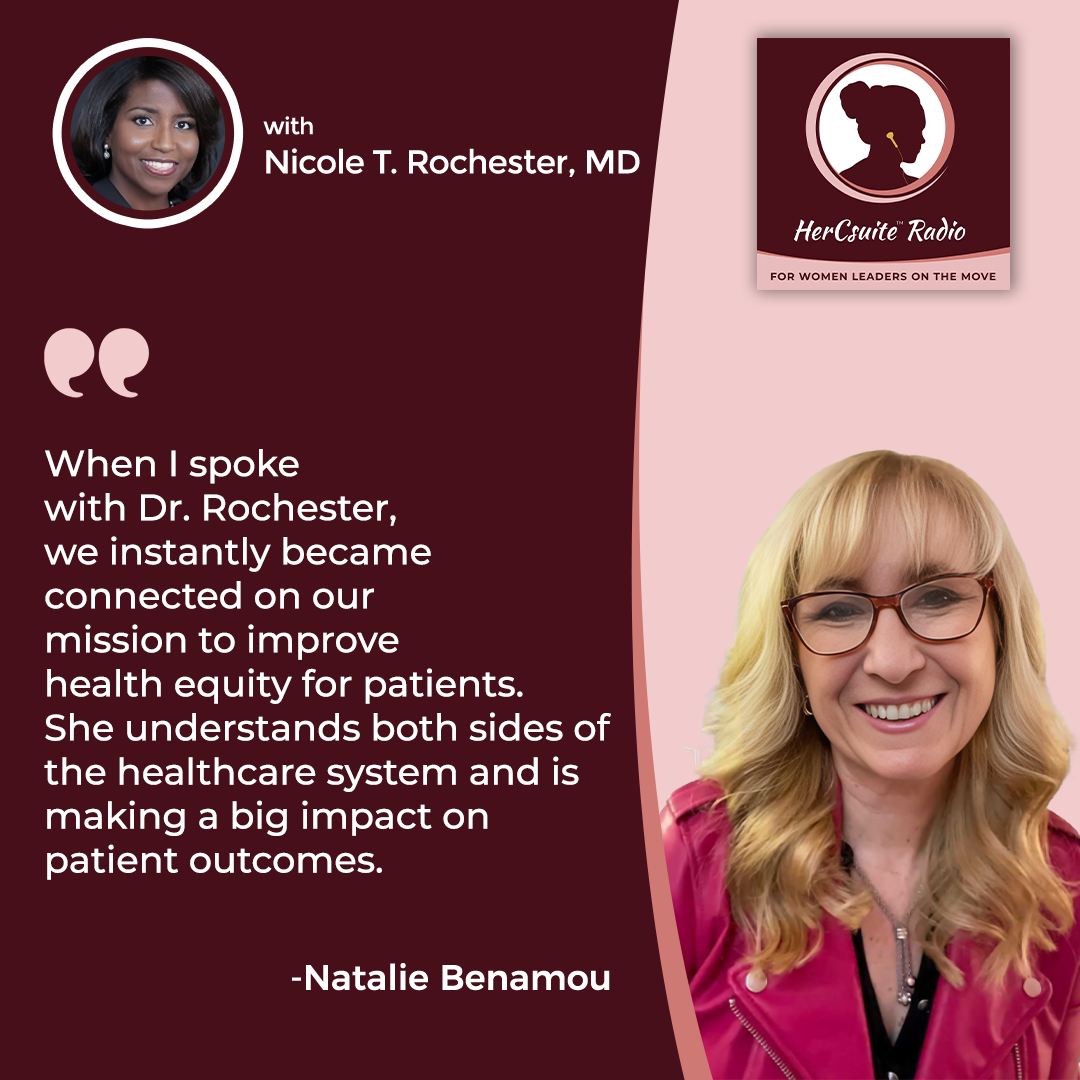
I found myself in this environment with adult medicine, where there was very little time for medical appointments. I felt that my dad and I were largely invisible to the healthcare team, where my concerns were often ignored and dismissed. My dad wasn't in a position to effectively advocate for himself. Quickly, I had to pivot from showing up as his daughter to showing up as the doctor, which angered me.
I found that when I started to share with his medical team what I did for a living, suddenly, my opinion and insight became more valuable to them. They would sit down in the chair, lean in, and want to know more. There was a stark contrast between how I was treated as his daughter and his caregiver and how I was treated when they found out I was a doctor.
Over that almost three-year journey prior to his death, I saw over and over again how my knowledge, experience, and influence even as a doctor, allowed me to powerfully advocate for my dad in a way that changed, to some degree, the outcomes that he had. All I could think about every time that happened is, “What's everybody else doing?” and, “What is everybody else who doesn't have a daughter who happens to be a doctor, a nurse, or some other healthcare professional?” I also started to see how ageism, racism, and bias impacted the healthcare that my dad received.
Ageism, racism, and bias can impact the healthcare received by individuals. Share on XAfter he passed away, I went back to my amazing job in pediatrics, but I couldn't forget the lessons that I had learned and the things that I had seen. I was struck by this internal knowing that I was supposed to be doing something else. It took me a while to submit to that because you spend your whole adult life becoming a doctor. That was so much of my identity.
Ultimately, in 2017, I left medicine and started my company, Your GPS Doc. It centers around providing health advocacy services for those struggling to navigate the healthcare system and helping healthcare organizations achieve their goal of obtaining health equity through strategic consulting and speaking.
Your GPS Doc centers around providing health advocacy services for those who are struggling to navigate the healthcare system. Share on XMany things are coming to mind with your story. The first is you and I had a conversation about showing up at the doctor's office. I'm not a doctor. I don't even play one on TV. I have tangential knowledge because, for 30 years, I launched drugs in the trade show industry.
I found with my daughter's compromised health over the last few years that I had to dress up to go to the doctor's office. If I didn't dress up, I had the same experience that you described. Even when I do, sometimes, I get that whole crazy ignoring, not paying attention, and thinking we don't know anything. That’s where we start with this whole health equity piece. It seems crazy to me that payers, providers, and health systems aren't recognizing the cost of not listening.
I also shared with you that in 2019, I had thought about starting Her Health Equity, a company I was going to launch. COVID hit and our health fell to the side. The reason was because when I would ask doctors, like yourself, or nurses, women in particular, in a room of 100 women, “How many of you have had a doctor not listen to you?” 100% have at least one story. Usually, they're not good. They're terrible health outcomes.
I was like, “I got to fix this,” which anyone that tunes into this show knows I always say, “We should fix that.” I thought about that and I come back to this moment. You must have been, “I should leave the healthcare profession to do this.” It is exemplary. Also, it shows how much we need to do something.
I agree. I appreciate that. Like you, I feel a strong need to fix things. There was a conflict because I knew that this was a problem. I felt that I had a unique position as a physician. I call myself an insider and an outsider because I do understand the complexities of the healthcare system. I understand the demands on doctors and other healthcare providers and how we got where we are.
I do have some degree of compassion for that, but I'm always going to wave the flag for patients and families, particularly after my experience with my dad and many other family members. It was a strong enough pull to leave all that I knew, but I have no regrets at all. This journey has been so transformative. To your point, we need champions. We need people who are speaking on behalf of women and marginalized people because it's a huge problem in healthcare.
The last time we talked, I saw a post that touched my heart. It was for two reasons. 1) It happens way too much, and 2) That it is still even happening in 2023 is outrageous to me. It was a post about a beautiful young woman who was a mother and she tragically died avoidably after childbirth. The thing that made me so upset, and I'm sure you'll agree with this, is her partner kept saying, “She's in pain.” That, to me, is the foundation for understanding health equity and that everyone feels pain. That is the most insane concept. To ignore her pain, have her die, and then this poor man is left with a newborn baby alone, is tragic.
Was she a Black woman?
She was.
There is an epidemic in our country around Black maternal mortality, which is dying from pregnancy complications, and also Black maternal morbidity, which is you have severe complications. You don't die, but you have severe complications that have short and long-term consequences. To your point, it's 2023. We have all this technology. We spend more on healthcare than any other industrialized nation. Yet, Black women in 2023 are still 3 to 4 times more likely to die from pregnancy-related complications compared to their White counterparts. They’re 2 to 3 times more likely to have complications. What we have found from the research and from people telling their stories is a large part of this is due to not listening.
As an example, the CDC has a whole campaign called the Hear Her Campaign. It is focused on teaching doctors and other people on the medical team, “When your patients or their support people, partners, spouses, or family members are telling you something's wrong, you need to listen.” Unfortunately, there are a lot of biases that many doctors still don't want to admit that they have. We all have biases. Even if you're Black or Brown, we all have these unconscious biases. That plays along with rushing, time constraints, and focus on productivity and profit. There are so many things that all come together to create this perfect storm. As a result, people are dying. Many people are dying. Most of these deaths are completely preventable.
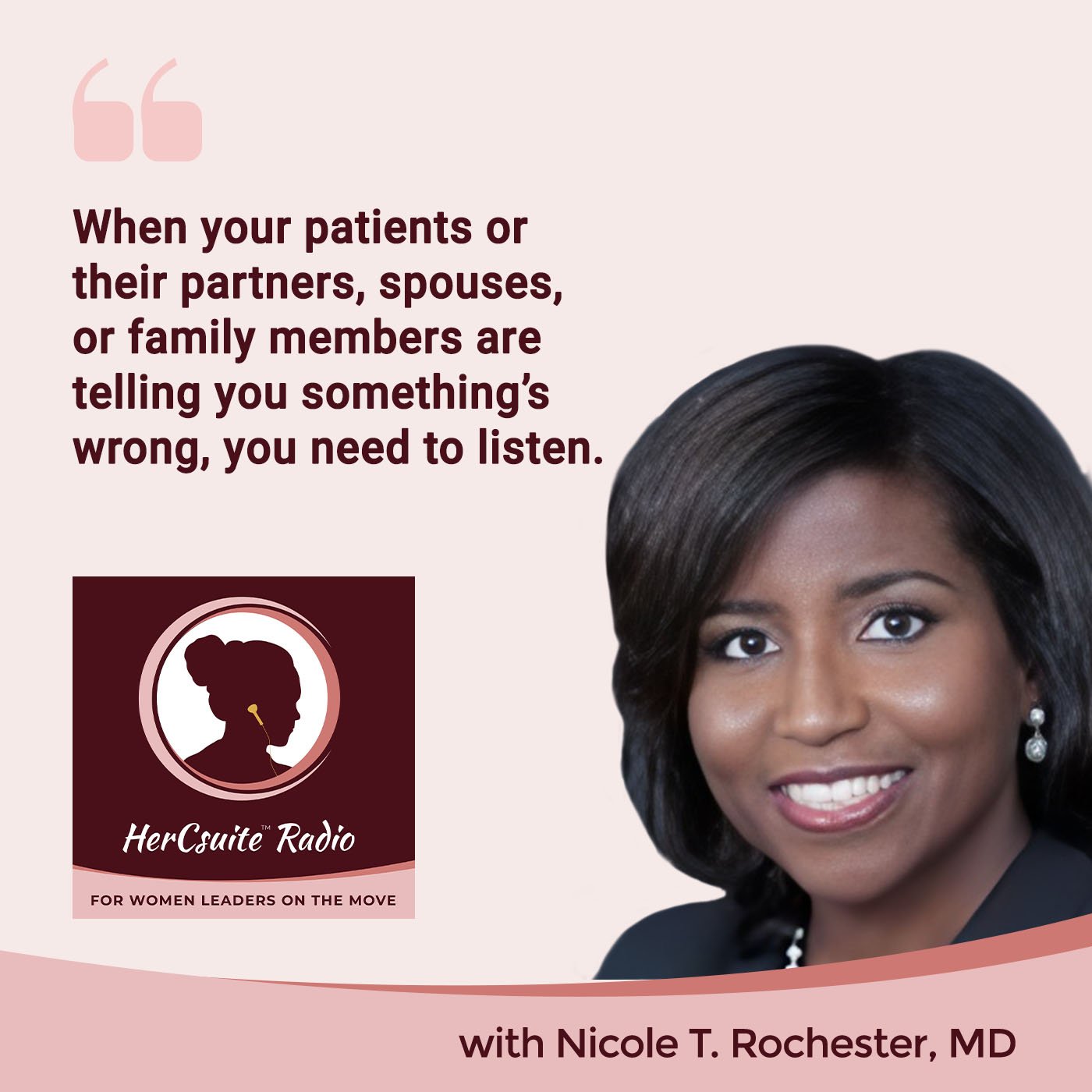


That's the thing that's one of the tragic elements. It’s that none of this is necessary. Before I had thought about Her Health Equity, Serena Williams had her baby. That was one of the pivotal stories that were like, “You've got to be kidding me.” For those of our audience who don't know that story, and I'll start it, but I know you know that story, it was how she knew she had something drastically wrong and the nurse dismissed her. The nurse said, “It’s nothing.” It was a blood clot in her lungs.
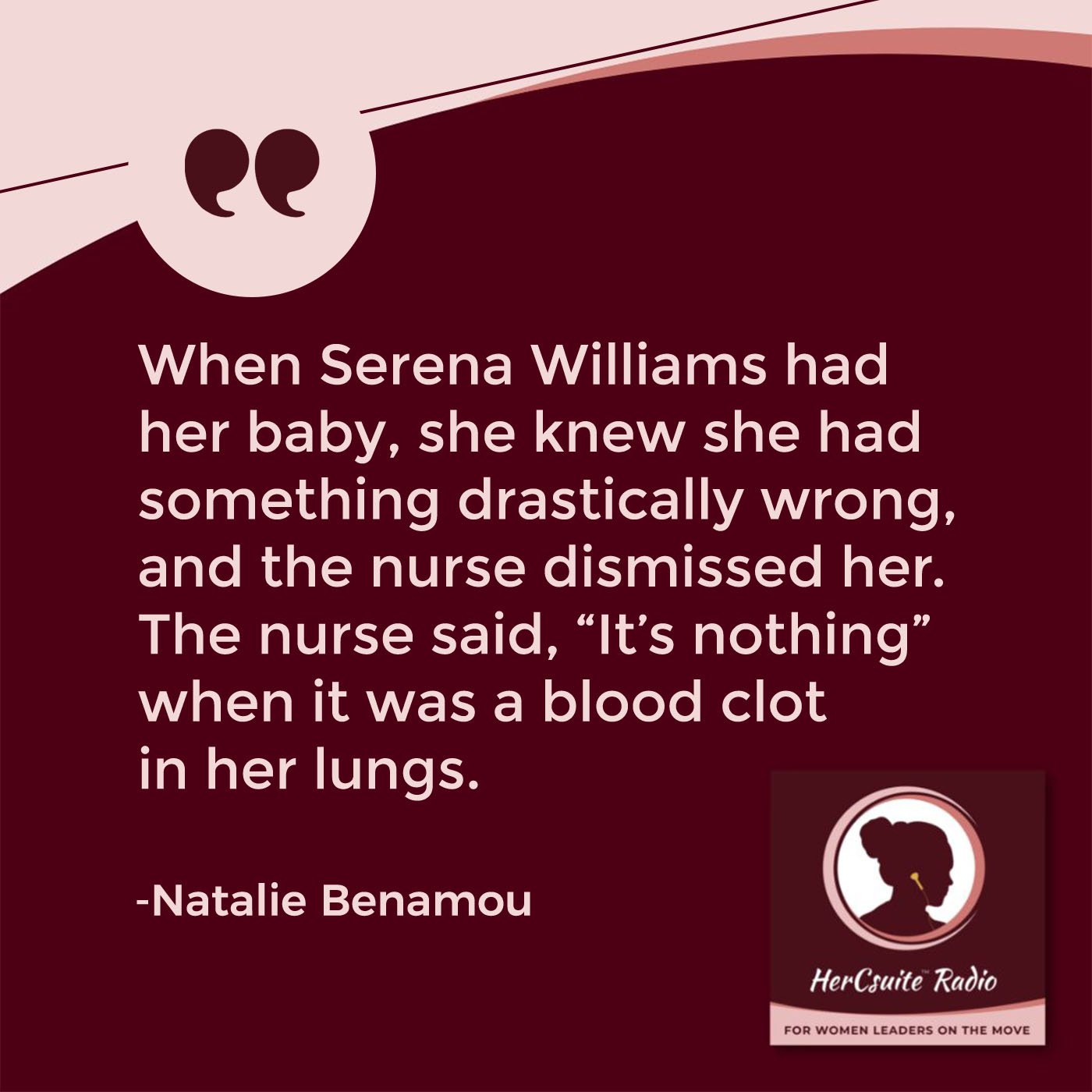


That's right. She had the same condition before, so she knew. That's the other thing. This idea that we don't know our bodies is preposterous. Her story is so important because prior to that, I know that there has been this misperception, particularly among health disparities. They’re like, “It's something that you all are doing or not doing,” or, “You're not taking care of yourself,” or, “You all have too many health challenges,” or, “You should go to the doctor more. You should lose weight.”
Sometimes, people are saying, “This is because of the economy. This is because of lower income.” Serena is rich. I'm sure she is very wealthy and has access to the top doctors and healthcare professionals. Yet, even in her case, her notoriety, her fame, and her money, none of that protected her from being subject to bias. She would've died had she not continued to advocate for herself. Thankfully, they finally listened. Indeed, she had exactly what she told them she had.
The last component about her is she is an athlete. Athletes, especially professional athletes, no one knows their body better than a professional athlete. They know every molecule and everything about their body. She is a professional athlete. If nothing else, you should listen to her because she knows better than anyone what is happening. This Idea of not listening is at the cornerstone of everything. What would you say to people preparing to go to a doctor and have the conversation? We've been talking about the circumstances, but how can they arm themselves and be prepared to have their voice heard?
You’re right. We do have to arm ourselves. It makes me sad, but it is our reality. My company is Your GPS Doc. A lot of what I do is centered around this whole theme of GPs and navigating the healthcare system. I do have an acronym that I use that embodies the advice that I give everyone, whether they're my client, my friend, my neighbor, or a church member. That is the GPS system.
The G is to Gather information. That involves asking questions. Asking questions is one of the most important tools that anyone can have at their disposal when they are going to the doctor, whether that's a private office, a clinic, an emergency room, or urgent care. It is asking questions and making sure that you understand what's going on, what they're doing to you, and also why.
Ask questions, make sure that you understand what's going on, what your doctors are doing to you, and why. Share on XIf there's something that you were expecting that is not happening, it is asking, “Is there a reason why you don't think I need a chest X-ray for this cough that I've had for three weeks?” or, “Is there a reason why you are doing this instead of that?” When the test results come back and they say, “Everything's fine,” you may ask, “Is everything normal? Is there anything that I need to follow up on?” Asking questions puts you in a position to become knowledgeable about your health and the care that's being delivered. That's the G. It’s Gather information.
The P is to Position yourself as an expert. Despite all of the years that I trained to become a doctor and all of the years that I practiced medicine, I'm not the expert on your body, your daughter's body, or anyone else's body. Everyone knows what's normal for them. If you're a caregiver, you know better than anybody else, whether there's something off.
Often with my dad, there were things that my sisters and I recognized long before an exam finding or a test would’ve shown something with my dad. We need to position ourselves as patients, family members, support people, experts, and know what we're talking about. When you have a gut feeling, whether it's about your own body or someone that you're helping to care for, most likely, you're right. It is standing in that power, exuding confidence, and being respectful, but also letting the healthcare providers know that you are an expert.
The S is Speaking up. That's the advocacy around when something doesn't seem right, it is saying it. Many times, we shrink and say, “I'm probably wrong because they're the doctor,” or, “They're the nurse and they went to school for this.” We have to speak up if we are concerned. We have to speak up if we feel we're not receiving the medical care we deserve. Often, when patients and family members speak up, it will shift what's being done. Sometimes, you may put an idea in a doctor's head that they hadn't previously thought of. It's not done to be adversarial, but to be respectful and acknowledge that you are a member of the medical team.
I love that you're a member of the medical team. As a caregiver, you are the closest person to know other than the patient. The caregiver piece is so important. Time and time again, with my daughter's journey, I feel as if I hadn't been vigilant and advocating for her. It made me think, “What are other people doing?”
The work that you're doing is so important to help people understand that their voice matters and that they have the power to make their voices heard. Many people, surprisingly still, think that they don't know anything, even though they do because they know how they're feeling. Many things can be turned around for the outcomes if that component happens. What have you seen? Since you started your company, what are some positive outcomes that you've had for patients and their families?
At a very basic level, some of the wins are what you said. It’s showing patients and their family members their power and helping them to show up more confidently in healthcare settings. There has been a host of things. I've helped people uncover that they had inappropriate health insurance or that the benefits they thought they had didn't have. I’m helping educate them about their health insurance and then helping them to make better choices so that they and their family members are more properly covered.
I’m helping people to find appropriate care after surgery. I’m helping them vet home health companies. I’ve helped family members who have parents with dementia. I’m holding their hand throughout the entire process and being very proactive about choosing healthcare professionals, but also looking ahead to living needs and assisted living facilities and anticipating even financial challenges that go along with caring for a loved one.
Unfortunately, some of my most memorable stories involve people who were critically ill and in situations where the family members felt that the healthcare team wasn't providing appropriate care. In some cases, they were, but they weren't communicating well with the family. It’s being able to step in during an acute hospital stay and being able to bridge that gap between the patient, the family members, and the healthcare team.
Watch Dr. Rochester's TEDx Talk Below
It’s asking questions, being curious, making sure that the care is appropriate, and helping to advocate for them in those settings, sometimes involving transferring. It’s getting patients transferred to higher levels of care to hospitals and health systems that are more properly trained to manage certain conditions. In other cases, the care was appropriate, but it is helping to make sure that the patient and the family members are kept in the loop and that their concerns and opinions are being validated and addressed. That's some of the work that I've been privileged to do over the last couple of years.
It is so amazing and inspirational. I want to say that this is the first of many conversations we're going to have. It's so important to share your knowledge with our audience and help them to know, first of all, they're not alone. Secondly, they matter. Third, they can affect their health outcome. Would you say that's true?
Absolutely. That is 100% true.
If people want to know more about you and the amazing work that you are doing, where can they find you?
Thank you. They can go to my website, which is YourGPSDoc.com. They can also follow me on LinkedIn. I love engaging with people on LinkedIn. You can search Nicole Rochester, and then also, on social media. On Instagram and Facebook, I’m @YourGPSDoc.
I have had such a great time talking with you. It's so hard to end conversations like this because we're both so passionate about this topic. I could go on forever. I want to encourage people that hearing this program to join us and see you live on March 8th, 2023. You are going to be on this panel. We're going to be talking about health equity, among other things, but it's to embrace equity for International Women's Day. I'm so glad you're going to be a featured speaker there. We hope to see our audience at that event. It's been so great to have you here. I'm so glad that we got a chance to talk.
Thank you. It was great talking with you. I'm looking forward to the panel.
Important Links
- Dr. Nicole Rochester
- Nicole Rochester – LinkedIn
- Instagram – Your GPS Doc
- Facebook – Your GPS Doc
About Nicole Rochester
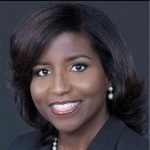


Natalie Benamou
Founder, CEO
HerPower2, Inc, | CGO HerCsuite™ | Podcast Host HerCsuite™
Natalie founded Herpower2, inc. to create products under HerCsuite™ to empower women to make a lasting impact today and into the future. She takes a ‘serve first’ approach to life and has applied this principle throughout her career, serving in leadership positions in business as well as non-profit organizations.
Share this story:
HerCsuite® is an official product of HerPower2 Inc. | all rights reserved – Privacy Policy – Terms & Conditions

